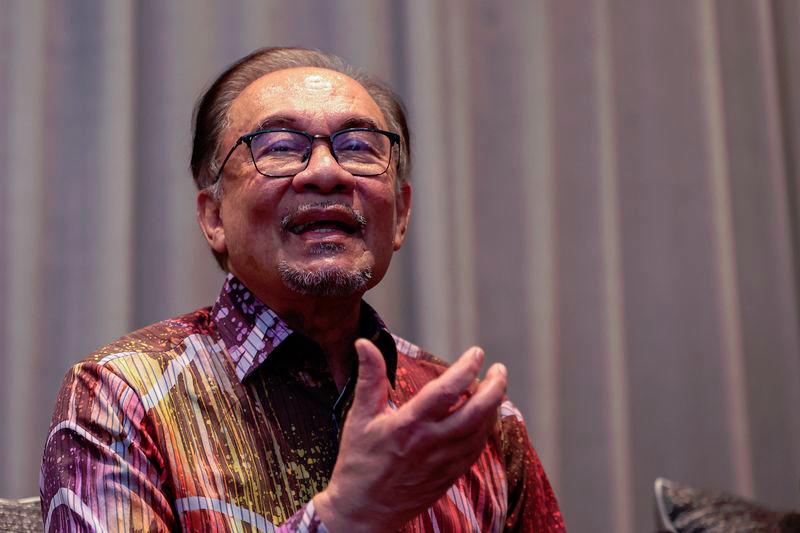KUALA LUMPUR: Prime Minister Datuk Seri Anwar Ibrahim today announced that pupils from Year Four and above, all the way to secondary and tertiary levels, as well as those in teacher education institutes, will be given RM100 book vouchers, starting tomorrow.
He said the new initiative, however, shall come with the guidelines on the titles of books that can be purchased using the vouchers.
“I propose that we (the government) provide the guidelines because, prior to this, book vouchers were used to purchase worthless trivial books. Perhaps half of the amount (of the vouchers) can be used for titles like works by national laureates A Samad Said, Shahnon Ahmad, and (Datuk Dr) Anwar Ridhwan.
“...or maybe for purchase of books related to digital technology and artificial intelligence (AI) as our country is advancing in that direction, and it would be a loss if our children do not know what AI is. For another half of the amount (of the vouchers), we will give some leeway for the students to choose.”
Anwar said this when officiating the Kuala Lumpur International Book Fair (KLIBF) 2024 at the World Trade Centre Kuala Lumpur here today, which was also attended by Minister of Education Fadhlina Sidek, Minister of Higher Education Datuk Seri Dr Zambry Abd Kadir and Selangor Menteri Besar Datuk Seri Amirudin Shari.
The Prime Minister also asked Fadhlina and Zambry to work on the best mechanism to distribute the vouchers quickly so that they could be used by the students from 2 pm tomorrow at the ongoing KLIBF.
The KLIBF is running for 10 days from May 24 to June 2.
Meanwhile, Zambry said he would definitely work with Fadhlina to find the best mechanism for the distribution of the book vouchers, despite the short notice.
“The announcement is indeed good news for the people, especially the young generation.
“We will get it done because it (the announcement) proves two things. Firstly, the Prime Minister being concerned about the tradition of knowledge, and secondly, he wants to help the people even in times of financial constraints and economic challenges,” he said.









